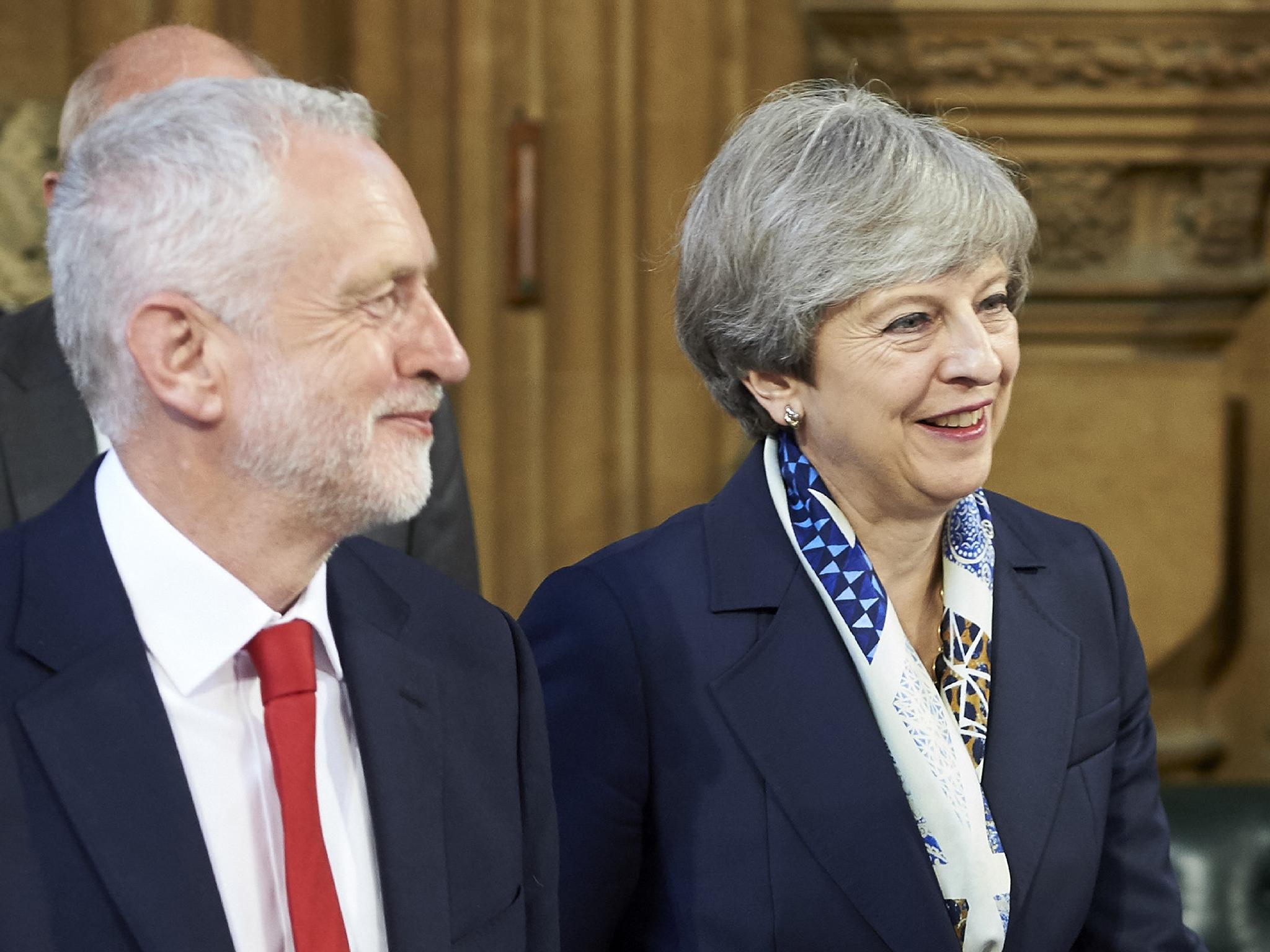Support for centrism is rising, but it's not as easy as just starting a new party
So far, the prospect of a new centre party has failed to generate a fraction of the excitement that surrounded the launch of the SDP


Your support helps us to tell the story
From reproductive rights to climate change to Big Tech, The Independent is on the ground when the story is developing. Whether it's investigating the financials of Elon Musk's pro-Trump PAC or producing our latest documentary, 'The A Word', which shines a light on the American women fighting for reproductive rights, we know how important it is to parse out the facts from the messaging.
At such a critical moment in US history, we need reporters on the ground. Your donation allows us to keep sending journalists to speak to both sides of the story.
The Independent is trusted by Americans across the entire political spectrum. And unlike many other quality news outlets, we choose not to lock Americans out of our reporting and analysis with paywalls. We believe quality journalism should be available to everyone, paid for by those who can afford it.
Your support makes all the difference.Breaking into the British party system is hard. The BMG opinion poll for The Independent today suggests that half of voters – 52 per cent – would consider voting for a new centre party, up from 43 per cent five months ago. But any attempt to capitalise on this hunger for a new party still faces steep obstacles.
When Tony Blair, a 27-year-old Labour activist looking for a parliamentary seat, was faced with the question of whether he should join the Social Democratic Party breakaway from Labour in 1981, he didn’t hesitate. “The Social Democrats haven’t a hope of winning a general election,” he wrote the following year. The low paid and the unemployed made up 40-45 per cent of the country’s workforce, he said: “Certainly under the present electoral system, they will provide Labour with a solid 200-seat base.”
He was prescient: Labour won 209 seats in 1983. It was a terrible result, with Margaret Thatcher winning a 144-seat majority, but the SDP and their Liberal allies won only 23 seats.
So far, the prospect of a new centre party this time has failed to generate a fraction of the excitement that surrounded the launch of the SDP. Roy Jenkins, Shirley Williams, David Owen and Bill Rodgers had the support of parts of the media, thousands of potential members and donors. Its modern equivalent has willing donors, but so far its most prominent media advocate is Phil Collins, The Times columnist and former Blair speechwriter, who found himself closeted with Vince Cable, the Lib Dem leader, during a critical Brexit vote in the House of Commons.
Which is curious, because the breakaway from the Labour Party is already happening. John Woodcock and Frank Field have already renounced the Labour whip in parliament, meaning that they now sit as independent MPs. Mike Gapes, the MP for Ilford South, has told colleagues that his joining them is just a question of timing.
There are a handful of other Labour MPs who are likely to leave soon, and there may be more who cannot bring themselves to stand on the proposition that Jeremy Corbyn should be prime minister when the next election comes. Most will probably leave politics, but some might try to stand under new colours.
A new party would need more than, say, 20 defecting Labour MPs and a lot of media hype. To achieve breakthrough it would have to overtake one of the main parties in national share of the vote. The SDP-Liberal Alliance came close, taking 26 per cent to Labour’s 28 per cent in 1983, but it wasn’t enough. The first-past-the-post voting system gives the existing two largest parties a huge advantage.
As Peter Kellner writes in Prospect, there are three ways outsiders have broken through recently: in proportional electoral systems (Italy, Greece, Sweden, the Netherlands); in two-ballot presidential systems (Emmanuel Macron in France); or by taking over existing parties (Donald Trump and Jeremy Corbyn). None of those is possible for a new UK centrist party.
That is not to say, though, that all is lost. Vince Cable’s plan to open the Lib Dems to supporters free of charge, and to open the party leadership to non-MPs, could be an astute way to position the party to take advantage of any mini-Macron movement that might emerge in the next few years. (Mind you, he has to get it through the Lib Dem party structures first, and the responses expected at this week’s conference in Brighton suggest there is widespread opposition.)
And one of the big blocks on a new party right now is that it would have to take a position on Brexit that might be irrelevant in six months’ time. If a new party is going to get off the ground, I think it would be after March.
Join our commenting forum
Join thought-provoking conversations, follow other Independent readers and see their replies
Comments